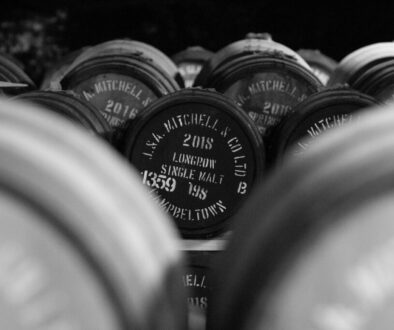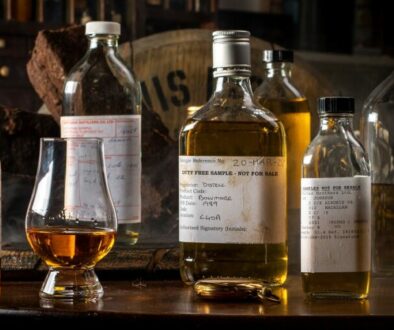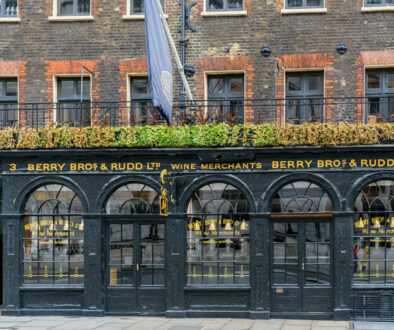In the whisky cask industry the volume of a cask is described in litres, more specifically when you are looking at buying a cask of whisky you should be looking at the Bulk Litres, ABV and RLA (or OLA if the cask is less than 5 years old).
Why you shouldn’t use bottle count to measure the size of a cask
There are several reasons why it is not good practice to describe a cask based on the number of bottles:
HOW BIG IS THE BOTTLE?
Firstly, how big is the bottle being used to create that number? Is it 70cl, 75cl, 1 litre, or perhaps miniatures? As there is no standard bottle size this number can mean absolutely anything and is not reliable.
WILL IT BE BOTTLED AT CASK STRENGTH?
Is it stated whether those bottles are at cask strength or have they been diluted? You can legally dilute whisky to 40% and still call it whisky, however the value of diluted whisky is lower than cask strength, so getting more bottles from a cask doesn’t necessarily mean your cask will be worth more.
ARE BOTTLING LOSSES ACCOUNTED FOR?
Does the number stated account for loss during the bottling process? Between 1 and 5% of a cask can be lost during bottling due to the filtration process and loss in the lines.
IS THE ANGEL’S SHARE ACCOUNTED FOR?
Does the number stated consider that the contents of a cask changes with time? The casks are not completely sealed and 1 – 2% is lost each year due to evaporation, also known as the angel’s share, and the rate increases with the age of the cask. This means that the number of bottles in a cask you buy now will be different after a few years, and vastly different if you plan to keep it for 15 – 30 years.
For example, if you have a 500 litre cask, with an average natural loss of 1% per year, you might expect to see a drop of 70 litres over the course of 15 years. Meaning even if you are satisfied that you have considered the other questions above, if you are not buying the cask for immediate bottling the number still doesn’t mean anything as it will change by the time you decide to bottle your whisky.
ARE YOU INTENDING TO BOTTLE THE CASK?
Finally, are you actually intending to bottle your whisky, and if so, are you aware of the cost and the licences necessary to sell those bottles? At Mark Littler LTD we have found that the most cost-effective way to sell your whisky is to sell it in bond. This is because the cost of bottling a cask and obtaining the licences necessary to sell those bottles is inhibitive to the general public.
Our customers sometimes choose to draw a few bottles for personal use (no licences necessary), they pay the duty and bottling costs for those and then sell the remainder of the cask in bond.



